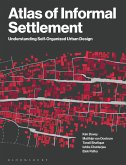
Gebundenes Buch
Understanding Self-Organized Urban Design
5. Oktober 2023
Bloomsbury Academic
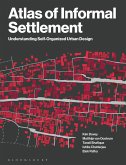
22,95 €
Sofort per Download lieferbar
Ähnliche Artikel
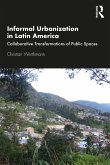
Gebundenes Buch
Collaborative Transformations of Public Spaces
15. Juli 2021
Routledge

Gebundenes Buch
Rethinking and Designing Low-Cost Housing in Developing Countries
15. Dezember 2014
Taylor & Francis


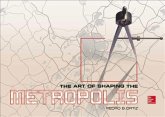
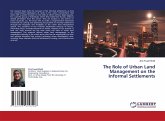
Broschiertes Buch
6. Juli 2021
LAP Lambert Academic Publishing

Gebundenes Buch
Development and Modern Architecture in Africa
8. Dezember 2016
Routledge
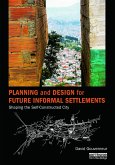
Gebundenes Buch
Shaping the Self-Constructed City
22. September 2014
Taylor & Francis
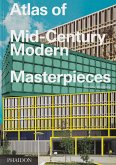
Gebundenes Buch
24. September 2024
Phaidon Press / Phaidon, Berlin
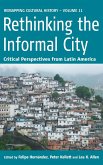
Gebundenes Buch
Critical Perspectives from Latin America
1. Dezember 2009
Berghahn Books
Ähnlichkeitssuche: Fact®Finder von OMIKRON
